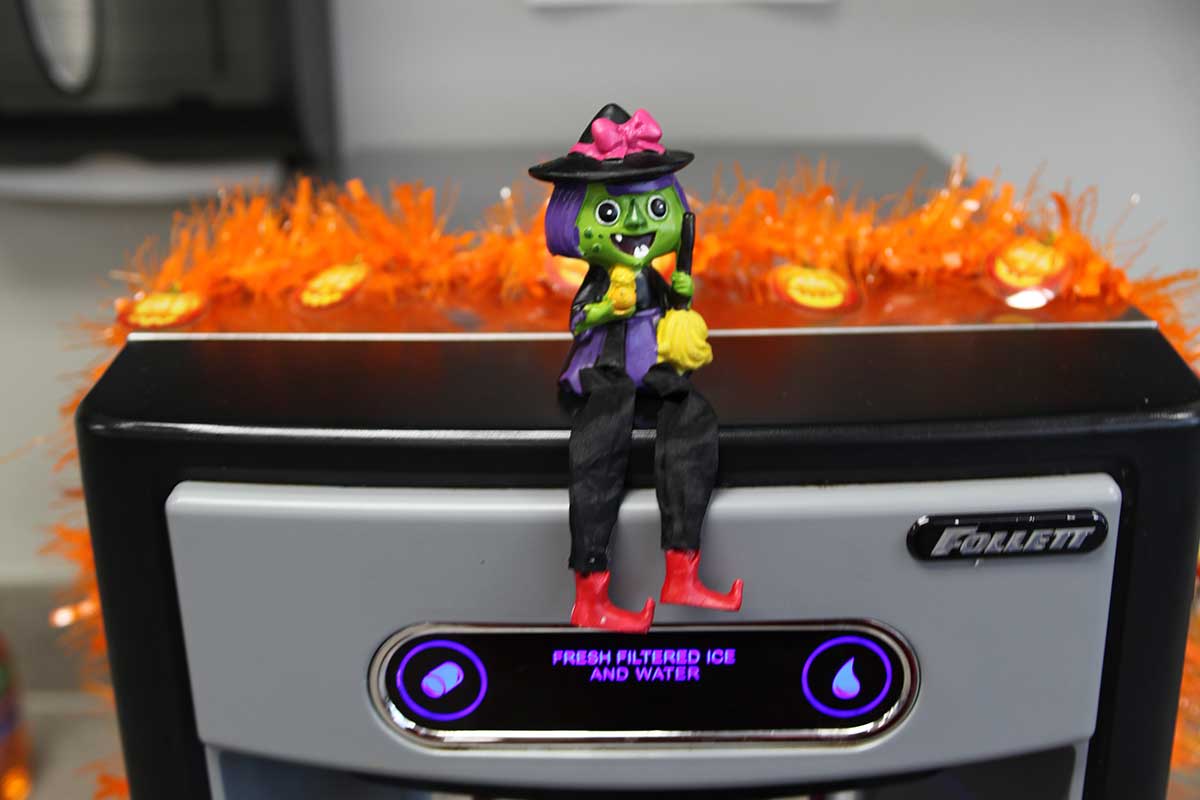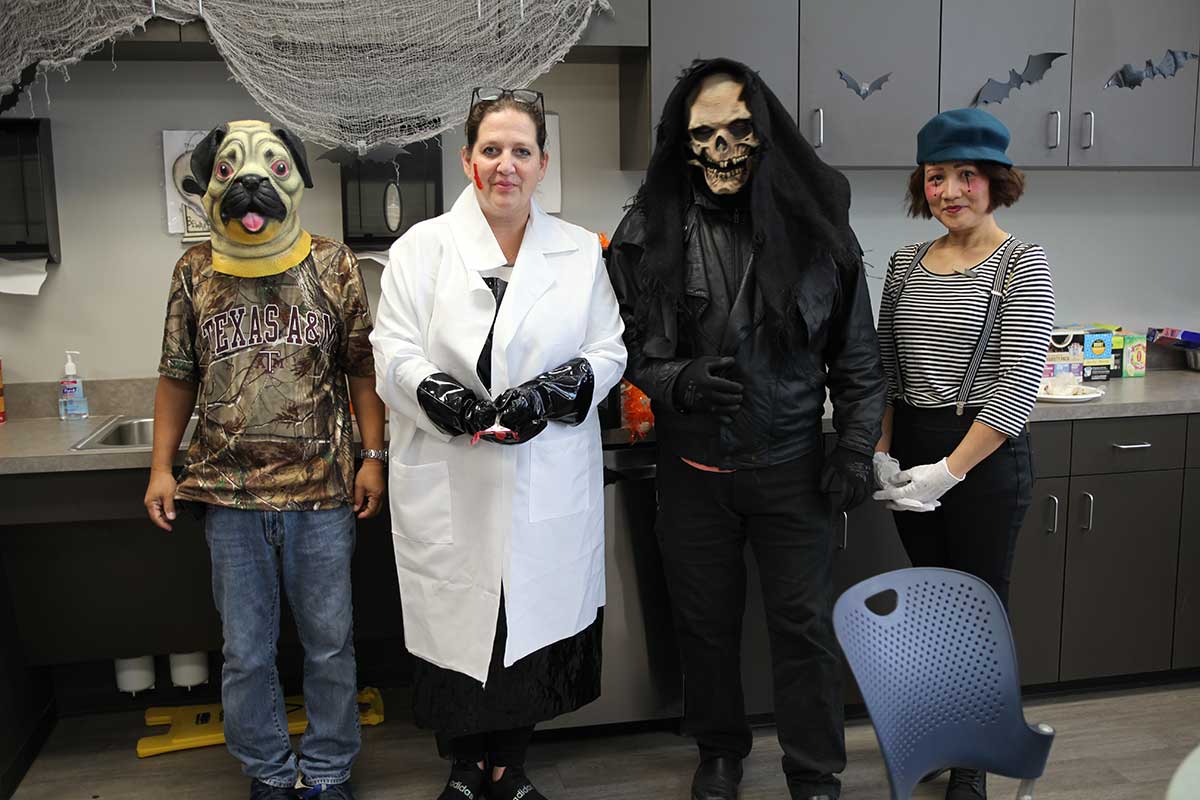
by Scott Bronstad | Nov 1, 2022 | News
Happy 14th Birthday to our friends at Beijing CRT
Beijing CRT celebrates its 14th year in November of 2022. They have distributed BPM Microsystems products and services for well over 10 years. We wish Margaret, Jack, Bill, and the team at Beijing CRT a very happy birthday, and many more to come!

by Scott Bronstad | Oct 31, 2022 | Events, News
BPM loves Halloween… so we got all the guys and ghouls together for a pizza party and costume contest. The top three costumes will get One Million Dollars… Gift Cards of more appropriate amounts.
We also celebrated a new employee joining us today– Mike Myers.

Because of a clerical error, we inadvertently used the wrong photograph of Mr. Myers. The correct photo is above.
Mike comes to us with extensive experience in Human Resources marketing and will become a special assistant to the Marketing Manager. “Yeah, Baby!” says Mr. Myers.
The top three costumes will get One Million Dollars…

(not really)
- The first prize went to Paul (scawwy skull biker)
- Second to Kathy (the talking Mime)
- The third prize goes to Penny (Ms. Dexter)
- Honorable mention goes to Mr. Long (Woof!)
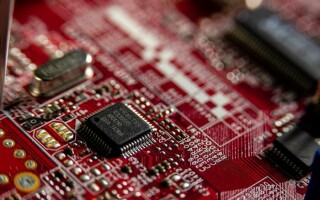
by Scott Bronstad | Oct 4, 2022 | Announcements, Automotive, News, Technology
By Stelios Diamantidis, Senior Director, Synopsys Autonomous Design Solutions
There hasn’t been another time in recent memory where semiconductors have become critical to fueling the electronics industry’s economic framework. The global chip shortage has become abundantly clear, which continues to distress industry sectors from automotive to consumer electronics.
In addition to holding back global economic growth and making life difficult for consumers and businesses worldwide, the shortfall in manufacturing capacity is uneven, affecting legacy process nodes far more than mid-performance nodes.
While semiconductor experts have been hard at work on scoping solutions, the situation has looked insoluble- simply put, semiconductors are extremely hard to design and manufacture; supply chain effects are very difficult to absorb due to this lack of flexibility.
Enter silicon remastering, a new AI-driven design framework with the potential to transform the global chip supply chain. To understand how we must acknowledge the root of the problem: an imbalance in manufacturing capacity. Process nodes built on legacy silicon technologies are in extremely short supply. With them running out, using past technologies to replenish them is no longer a viable option.
Read the full Embedded Computing Design article here
Automotive Device Shortage Update | Bring Device Programming In-House (Video) |
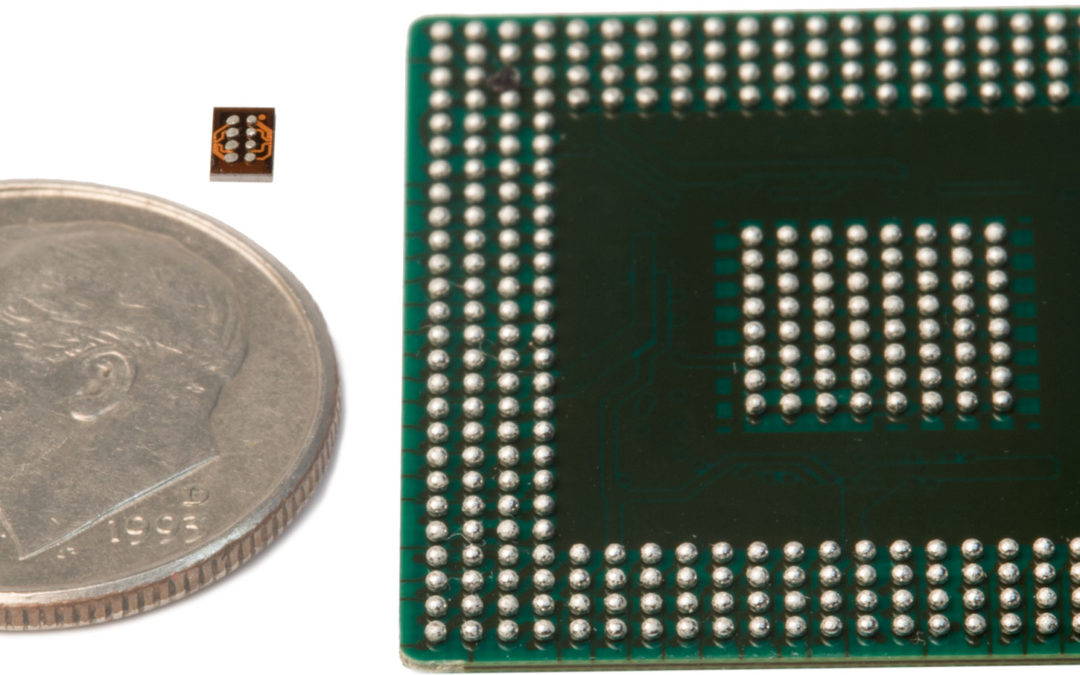
by Scott Bronstad | Sep 19, 2022 | Announcements, News
BPM is pleased to update the estimated support lead times for a variety of devices
BPM has nearly doubled the engineering staff in Device Support in the past year. We have more resources than we’ve ever had and adding even more team members. This is helping to reduce lead times for new device support requests (DSRs). We’ve also segmented support by device type and complexity. The following chart breaks it down:
| Algo Device Support Request by Device Type |
Algo Lead Time |
| Simple Update: |
5 Days |
| Package Addition: |
2 Weeks |
| NOR Flash, Serial NOR Flash, EEPROM, Serial EEPROM, Parallel EEPROM, Raw NAND, eMMC, HS200 or HS400 eMMC, Simple PLD: |
4 Weeks |
| Simple Microcontroller, Standard Microcontroller: |
4 to 8 Weeks (depends on complexity) |
| Complex PLD, Actel Flash, Actel Antifuse: |
8 Weeks |
| Raw NAND with BBM, Complex Microcontroller, FPGA, BBM Scheme, Complex Xilinx Antifuse: |
Requires Research to Quote |
BPM currently supports over 70,000 devices from over 200 manufacturers. For the supported device search, click here.
Current BPM customers get free Algorithm Support Credits (up to six $500 credits) for new support with a current Software Agreement. Manual production programmers get four algorithm credits; Automated Programmers get six algorithm credits, good for one year. You can learn more here. To request new device support with faster device support lead times, click here.
Support Agreement
 BPM’s production level support agreement is designed for those customers who run critical operations and demand the highest level of support possible, and includes the following:
BPM’s production level support agreement is designed for those customers who run critical operations and demand the highest level of support possible, and includes the following:
- 24/7 Hotline: +1 832-617-5702
You can report issues with device production outside of normal business hours. The customer will be put into contact with a live Field Service Engineer (for APS-related issues) or Customer Service Engineer (for device-related issues). Engineers will work with customers to collect all data on the issue, provide debug steps to resolve the issue over the phone, and will immediately create a BPM case if the issue requires additional time to resolve. This service is available to any BPM customer located in North America (Canada, the US, and Mexico). Fees apply if not covered by the current service/software contract.
- Spare Parts
Warranty replacement parts can ship from our headquarters in Houston, Texas, or directly from one of our global stock locations. Warranty replacement does not cover consumable parts or damage caused by the customer. In the case of local spare parts, customers have had replacement parts at their facility installed in less than 30 minutes.
- Priority Case Handling
You will receive priority in our new customer relationship management system. All of your incoming cases will receive a special tag that designates you as a full support user and we will prioritize your requests as necessary.
- On-Site Support
On-site support does not require a PO for labor hours when you are under a hardware contract.
Learn More
If you would like to learn more about BPM or have a service or technical-related question, please call +1 (713) 688-4600, toll-free in the US at (855) SELL BPM, or 24/7 Service hotline at +1 (832) 617-5702. You can also email technical support at tech@bpmmicro.com.
How to Program In-House | Device Programmers from BPM

by Scott Bronstad | Sep 19, 2022 | Announcements, News, Technology
On September 15, 2022, during a TV morning show appearance, General Motors CEO Mary Barra predicted the current device shortage will continue through 2023 and possibly beyond. “It’s getting a little better, but I frankly think it’s something that’s going to last into next year, maybe a little beyond,” says Ms. Barra.
GM recently paused Silverado production for a week at the Silao plant where 8,000 people are employed.
In June, GM declared that its Buick-brand vehicles will go fully electric by 2030. Fully Electric Vehicles (EV) have an even higher percentage of microchips than their gasoline-powered cousins, which much be addressed, as well as infrastructure such as recharging stations.
Microchip shortages are more complex than simpler parts. Each programmable device requires a value-added program uploaded to add functionality. Therefore, it’s not as simple as ordering more devices, but also allocating programming services (which can be outsourced or done in-house in a variety of ways– See the top 5 ways here).
To read the full article, click here.
Best ways to Program Devices | Read Article | Bringing Device Programming In-House
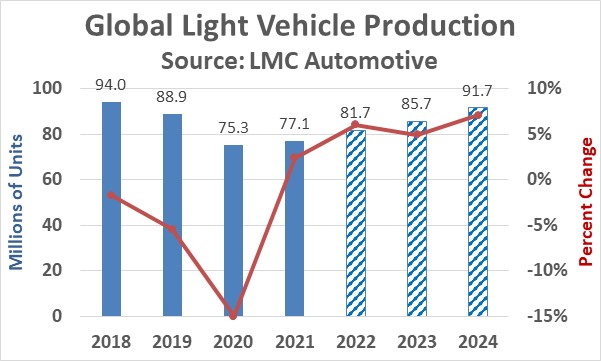
by Scott Bronstad | Sep 6, 2022 | Automotive, News
Most automotive companies continue to experience shortages of critical parts and components, driven by supply chain issues since 2020. In an excellent article from Electronics Weekly, titled “Auto chip shortage could be easing,” David Manners points to several signs the shortages of semiconductors may be behind us in the next year.
Causes of the chip shortages
From the article, here are some of the reasons for the global automotive shortages
Automotive manufacturers cut back on semiconductor orders severely at the beginning of the COVID-19 pandemic in early 2020. The auto companies were fearful of being stuck with excess inventories of cars if demand fell significantly due to the pandemic. When the automakers tried to increase orders, they had lost their place in line and were behind other industries such as PCs and smartphones.
Many automakers used a just-in-time ordering system to avoid excess inventories. This left them with almost no buffer inventories. Also, most semiconductors used in automotive are bought by the companies supplying the systems (engine controls, dashboard electronics, etc.) rather than the automakers, leading to a more complex supply chain.
Semiconductors used in automobile production have long design-in cycles and must be qualified; thus, it is difficult for an automaker to change suppliers in the short term.
The article looks at all the big automakers and their prospects for returning to full production; it also highlights what the semi-houses are doing to ramp up to meet demand. Learn more about how BPM manufactures all its systems in their ISO 9001:2015 certified plant located in Houston, Texas; find out how BPM makes device programming easy, fast, and affordable at www.bpmmicro.com/device-programmers.
Read Electronic Weekly Article
Other links:











